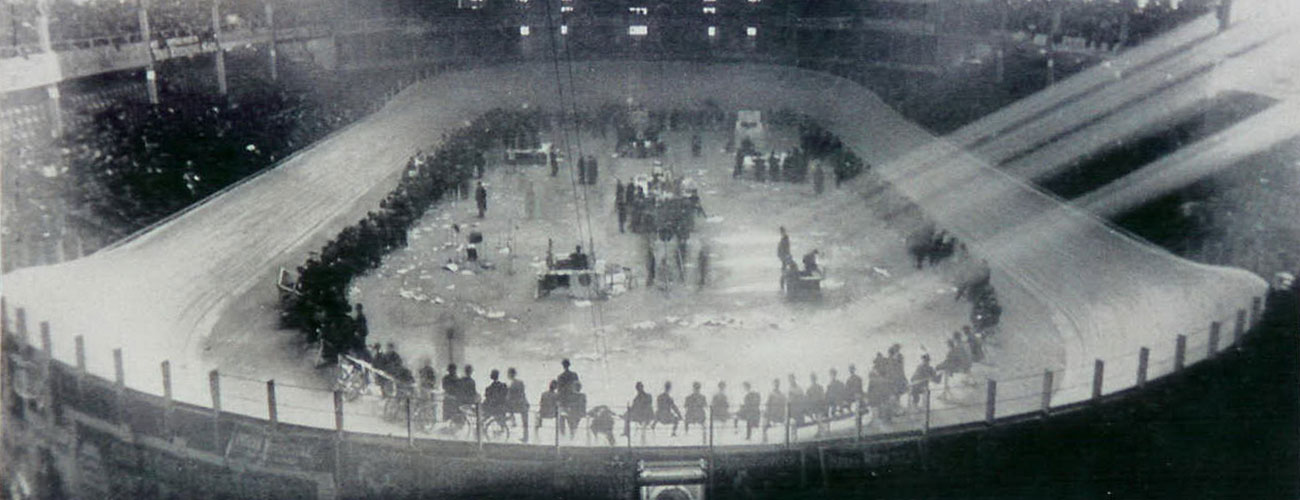Sign up for The Media Today, CJR’s daily newsletter.
I never took a lesson in journalism ethics at The New York Times—really, I learned in a tribal way, as did we all once upon a time: helpful copy editors telling me as a new copy boy what you could or couldn’t say. In that same way, we learned that “off the record” meant you didn’t quote the person, and for the most part that worked pretty well. It allowed the speaker to explain his or her actions or provide background.
But there is something about the practice that’s always bothered me—what if the person I was interviewing told me something “on the record”—and then changed his mind? What was my obligation to him, to my paper, or to the reader? Is there a statute of limitations for when you can take back a quote? Or is it in stone once it leaves the speaker’s mouth? I remain conflicted about an incident on this subject that brought me wide publicity for my story, and a ton of unwanted publicity to the person about whom I was writing.
Back in 1974, Madison Square Garden hired an accountant with a sophisticated business background named Alan Cohen to run the place. After a news conference, in which he upset the Garden’s boxing director by suggesting that the Garden might eliminate the sport, I spoke privately with Cohen. We got into a discussion about the new phenomenon of burgeoning salaries in sports, and he told me, speaking of the Garden’s hockey and basketball teams, “If you ask me whether I’d rather have a Stanley Cup and a basketball championship at the expense of a profit, I’d say no.”
Wow. That was an explosive quote—telling fans that a profit was more important than victory for their precious teams. When I got back to the office, I told the sports editor what Cohen had said. The editor immediately realized this could make our “quotation of the day.” That would be a feather in our cap, for rarely did a quote from the sports department ever make that little box, usually reserved for sayings by heads of state or company presidents.
As I was writing the story, I got a call. It was from Cohen. He told me he was sorry he had said it was more important to make money than for the Rangers or Knicks to win a championship.
“Can you forget I said that?” he asked. “It’s going to look terrible.”
I told him I’d discuss it with my editor.
I did. But it was such a juicy quote, something we knew would make lots of news, not to say the “quotation of the day,” that Cohen’s request was rebuffed. After all, he never said the quote was “off the record” when we were talking.
I called him back to tell him we were using it. He was crestfallen—his first news conference as the Garden’s chief, and he virtually dissed the fans.
Within a few days, columnists and fans all over town were calling him “Bottom-line Cohen.” It stuck.
I’ve wrestled since with that question: Can you make something off the record once you’ve said it on the record? Are journalists accorded the right to make these unilateral decisions? Is there a moral aspect to this whole thing?
The First Amendment grants us freedom to write the truth. What about a simple moral decision that could affect a source’s perceived character? Wondering if I was overthinking it, I decided to call The Times’ standards editor, Philip Corbett.
“What is the paper’s policy now on something told to you on the record?” I asked.
“I don’t know if we have a written policy,” said Corbett, who has held the position since 2009. “But it seems to me that an off-the-record policy is agreed on in advance with the writer and the person being interviewed. I don’t think you can make it off the record once you’ve said it—you can’t call dibs after the fact.”
Corbett had some further thoughts, though, perhaps tempering the hard-and-fast rule:
“With that as a standard, you can exercise your judgment,” he said. “Say he’s not sophisticated on dealing with the press. I’d certainly be more open if that person didn’t understand the ground rules. I think there’s room for us to use some judgment. The one other thing I would say is that, certainly, journalistically we have every right to use the quote—how is the reader best served?”
Well, that was the standard I guess we used in ’74. Some years later, I ran across Cohen (he had since left the Garden) and he joked about how I had made him famous. The “Bottom-Line” tag had turned into a badge, in a way, for which I was glad.
As I wrote this column, I googled Cohen and discovered he died in 2004. In the lengthiest of many paid obituaries about him, I came across these lines, presumably from his family: “In an interview with The New York Times, he was asked by a reporter if it were more important to win a championship or to earn profits for his shareholders. He replied that as a public company, his first priority was to his shareholders, `that’s the bottom line.’ As a result of this candid answer, he was known for a time in the sports pages as `Bottom Line Cohen.’ ”
I was glad he could laugh about it.
Has America ever needed a media defender more than now? Help us by joining CJR today.



